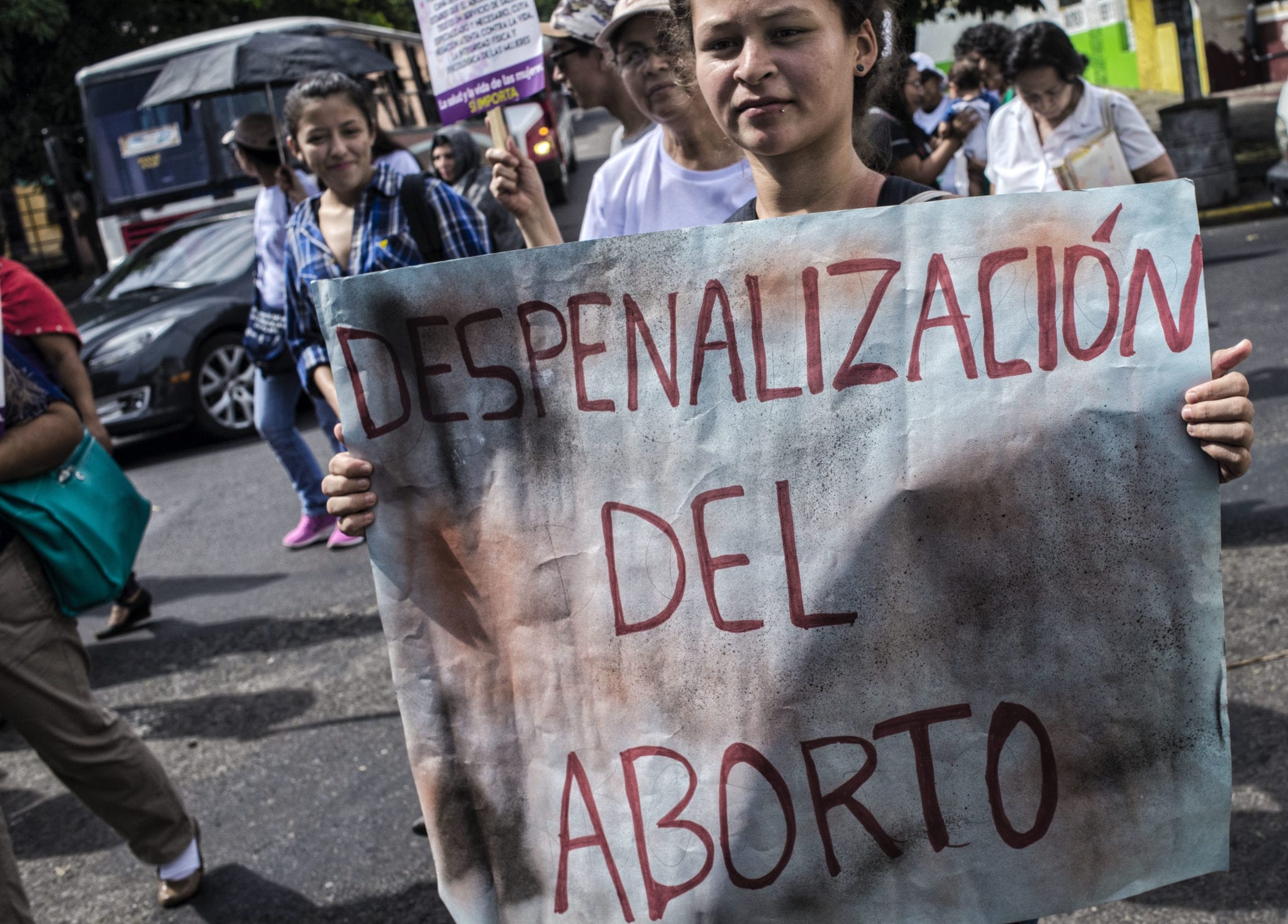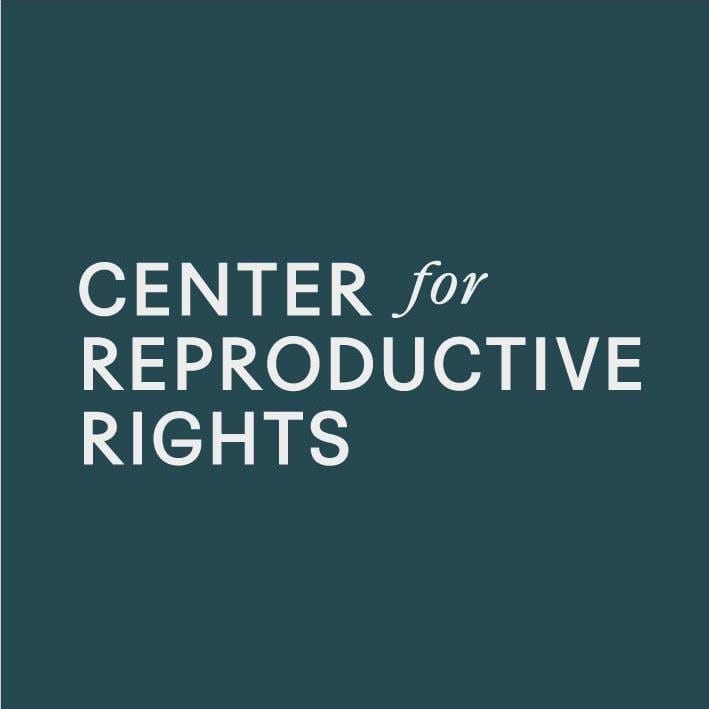Honduras Bans Abortion by Amending its Constitution

In a harmful retrogression for reproductive rights in Latin America, last week the Honduran National Congress voted to amend article 67 of its national Constitution in order to prohibit abortion outright. By changing the constitutional language itself, this reform seeks to prevent any future attempts at allowing access to abortion services in Honduras, a nation already home to one of the most restrictive frameworks on sexual and reproductive rights.
The Center’s president and CEO Nancy Northup issued a statement condemning the total criminalization of this essential health service, which further increases the risk to the health and lives of millions of girls and women. Today, Honduras ranks as the second-highest teenage pregnancy rate in Latin America.
Since the bill was introduced on January 7, the Center has worked closely with local partners on urgent advocacy actions to raise awareness about the dangers of the constitutional amendment, including alerting international human rights bodies.
“Instead of banning abortion in its Constitution, Honduras should allow it as a health service,” said Catalina Martínez Coral, Center’s regional director for Latin America and the Caribbean. “Denying sexual and reproductive health care is a dangerous way to not recognize women’s rights, and because of that, the Honduran State have no structural solutions for violence against girls and women.”
Alongside organizations including Centro de Derechos de Mujeres, Somos Muchas, and Equipo Jurídico por los Derechos Humanos, the Center’s Latin America and the Caribbean (LAC) program worked to denounce this crisis in Honduras before international human rights organisms.
The Center contributed to a letter submitted to the UN Working Group on Discrimination against women and girls detailing how the bill violated international human rights standards on the rights of women and girls. The Working Group then released a statement condemning attacks against the right to safe abortion in Honduras. The Center also notified Inter-American Commission on Human Rights (IACHR) of the issue and collaborated on a letter that the IACHR later sent to the Honduran government.
The Center briefed members of the EU Parliament on the Honduras bill. The members then issued a statement calling upon Honduras to refrain from enacting this bill and urged the country to bring its abortion laws up to international human rights standards.
The Committee of Experts of Follow-up Mechanism to the Belém do Pará Convention (MESECVI), from the Organization of American States (OAS), issued a statement communicating its concern over the approval of this amendment because it limits, among others, the rights of women, girls and adolescents.
The Center’s U.S. Legal program is working to secure a statement from the U.S. Congress or State Department condemning the bill. These behind-the-scenes efforts will be critical in the coming weeks as local partners work to stop the law from taking effect.
This reform is particularly harmful because it creates a future “constitutional shield” against abortion. The only means of changing this article in the future is if more than three-quarters majority of the Honduras Congress agrees, which is more than the two-thirds majority required by the Constitution itself. The bill also includes adding constitutional language that prohibits same-sex marriage, which is already legally prohibited in the country.
Honduras is only one of six countries—including the Dominican Republic, El Salvador, Haiti, Nicaragua and Suriname—in the Latin America and Caribbean region that criminalizes abortion in all circumstances, including in cases of rape or incest; when there is a risk to the life of the pregnant person, and when the pregnancy is incompatible with extra-uterine life. Since 2009, Honduras has also completely prohibited the use, sale, distribution, and purchase of emergency contraception.
“We are already working together with the feminist movement in Honduras to find a way that allows us to reverse the effects of this unfair amendment,” Martínez Coral said. “We won’t stop until we achieve guarantees for girls and women in Honduras for their life and health.”
In ratifying this law, Honduras is failing to comply with its international human rights obligations by obstructing access to safe and legal abortion. The Center and local partners urge Honduras to stop this retrogression and take immediate measures to guarantee that women and girls can exercise their sexual and reproductive rights.

